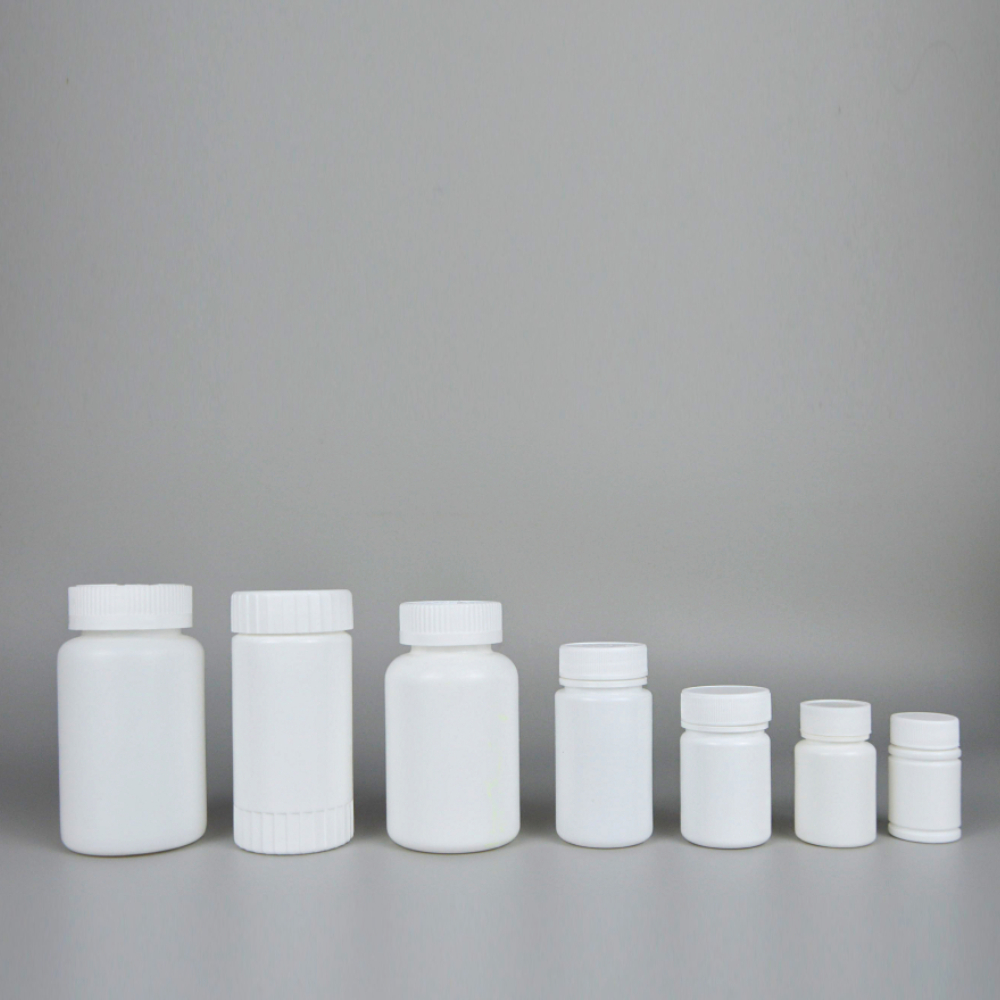
-
 Afrikaans
Afrikaans -
 Albanian
Albanian -
 Amharic
Amharic -
 Arabic
Arabic -
 Armenian
Armenian -
 Azerbaijani
Azerbaijani -
 Basque
Basque -
 Belarusian
Belarusian -
 Bengali
Bengali -
 Bosnian
Bosnian -
 Bulgarian
Bulgarian -
 Catalan
Catalan -
 Cebuano
Cebuano -
 Corsican
Corsican -
 Croatian
Croatian -
 Czech
Czech -
 Danish
Danish -
 Dutch
Dutch -
 English
English -
 Esperanto
Esperanto -
 Estonian
Estonian -
 Finnish
Finnish -
 French
French -
 Frisian
Frisian -
 Galician
Galician -
 Georgian
Georgian -
 German
German -
 Greek
Greek -
 Gujarati
Gujarati -
 Haitian Creole
Haitian Creole -
 hausa
hausa -
 hawaiian
hawaiian -
 Hebrew
Hebrew -
 Hindi
Hindi -
 Miao
Miao -
 Hungarian
Hungarian -
 Icelandic
Icelandic -
 igbo
igbo -
 Indonesian
Indonesian -
 irish
irish -
 Italian
Italian -
 Japanese
Japanese -
 Javanese
Javanese -
 Kannada
Kannada -
 kazakh
kazakh -
 Khmer
Khmer -
 Rwandese
Rwandese -
 Korean
Korean -
 Kurdish
Kurdish -
 Kyrgyz
Kyrgyz -
 Lao
Lao -
 Latin
Latin -
 Latvian
Latvian -
 Lithuanian
Lithuanian -
 Luxembourgish
Luxembourgish -
 Macedonian
Macedonian -
 Malgashi
Malgashi -
 Malay
Malay -
 Malayalam
Malayalam -
 Maltese
Maltese -
 Maori
Maori -
 Marathi
Marathi -
 Mongolian
Mongolian -
 Myanmar
Myanmar -
 Nepali
Nepali -
 Norwegian
Norwegian -
 Norwegian
Norwegian -
 Occitan
Occitan -
 Pashto
Pashto -
 Persian
Persian -
 Polish
Polish -
 Portuguese
Portuguese -
 Punjabi
Punjabi -
 Romanian
Romanian -
 Russian
Russian -
 Samoan
Samoan -
 Scottish Gaelic
Scottish Gaelic -
 Serbian
Serbian -
 Sesotho
Sesotho -
 Shona
Shona -
 Sindhi
Sindhi -
 Sinhala
Sinhala -
 Slovak
Slovak -
 Slovenian
Slovenian -
 Somali
Somali -
 Spanish
Spanish -
 Sundanese
Sundanese -
 Swahili
Swahili -
 Swedish
Swedish -
 Tagalog
Tagalog -
 Tajik
Tajik -
 Tamil
Tamil -
 Tatar
Tatar -
 Telugu
Telugu -
 Thai
Thai -
 Turkish
Turkish -
 Turkmen
Turkmen -
 Ukrainian
Ukrainian -
 Urdu
Urdu -
 Uighur
Uighur -
 Uzbek
Uzbek -
 Vietnamese
Vietnamese -
 Welsh
Welsh -
 Bantu
Bantu -
 Yiddish
Yiddish -
 Yoruba
Yoruba -
 Zulu
Zulu
High-Quality 250 ml Centrifuge Tubes for Reliable Laboratory Use and Experiments
The Importance of 250 ml Centrifuge Tubes in Laboratory Settings
Centrifuge tubes are indispensable tools in laboratories, particularly in biology and chemistry, due to their ability to separate substances of different densities through high rotational force. Among the various sizes available, the 250 ml centrifuge tube is a key component used for various applications that require larger sample volumes. This article explores the significance, features, and diverse applications of 250 ml centrifuge tubes, highlighting their crucial role in scientific research and experimentation.
Design and Features
250 ml centrifuge tubes are typically crafted from high-quality materials such as polypropylene or polystyrene, which offer durability and resistance to breakage. These tubes are designed to withstand the mechanical stress generated during centrifugation, making them ideal for heavy-duty laboratory tasks. Often equipped with a secure lid, these tubes prevent contamination and facilitate easy handling. Their clear construction allows researchers to visually monitor the contents, while graduation marks provide precise measurement capabilities.
Moreover, many 250 ml centrifuge tubes are compatible with different rotor types, allowing for versatile use across various centrifuges. Some models even come with conical bottoms, which helps in ensuring complete sedimentation of cells or particulates during centrifugation. The autoclavable nature of these tubes offers an added benefit, as they can be sterilized and reused, making them both a practical and cost-effective solution for labs.
Applications
250 ml centrifuge tubes

The applications of 250 ml centrifuge tubes are vast and varied, catering to different fields of laboratory research. In biological laboratories, these tubes are frequently utilized for the centrifugation of cell cultures, microbial suspensions, and biochemical samples. Their capacity allows researchers to handle larger volumes, which is particularly beneficial for scaling up experiments or processing samples from high-throughput screening.
In clinical laboratories, 250 ml centrifuge tubes are instrumental in separating blood components, such as plasma, serum, and cellular elements. This separation is crucial for diagnostic tests and other medical applications that require analysis of specific blood components. Additionally, these tubes are used in the preparation of samples for various biochemical assays.
Environmental and Industrial Applications
Beyond biological and clinical settings, 250 ml centrifuge tubes also play a significant role in environmental and industrial applications. In environmental science, they are used to analyze water samples, soil extracts, and other materials, aiding in pollution assessments and ecological studies. In the food and beverage industry, these tubes can help in quality assurance processes by analyzing various components in food samples, including microflora and chemical constituents.
Conclusion
In summary, 250 ml centrifuge tubes are a vital asset in modern laboratories, providing researchers and scientists with the ability to effectively separate, analyze, and store a wide range of samples. Their robust design, compatibility with different centrifuge models, and versatile applications make them an essential tool in various fields, from biological research to industrial quality control. As laboratories continue to evolve and expand their capabilities, the significance of such tools will undoubtedly grow, reinforcing their role in facilitating scientific innovation and discovery. Whether in academia or industry, 250 ml centrifuge tubes will continue to serve as a cornerstone of laboratory processes, contributing to advancements in various scientific disciplines.
-
Premium Metal Dropper Bottle for Precise Dispensing 250ml & 1ml Options AvailableNewsJul.04,2025
-
20 ml Headspace Vials - High Quality Polyethylene & Plastic Vials for Lab UseNewsJul.04,2025
-
Small Bottle with Pipette - Precise Dispensing 100ml Pipette Bottles for Essential Oils & Lab UseNewsJun.24,2025
-
Acetic Anhydride Bottle for Accurate Dropper Measurement in Pharmacy Use High-Quality Dropper BottlesNewsJun.10,2025
-
Innovative PET Bottle Design for Juice – Unique Shapes & Customization OptionsNewsJun.10,2025
-
20 Pack Sterilized Petri Dishes – Assorted Sizes, High Quality Small Plastic Petri Dishes for Lab UseNewsJun.10,2025






















